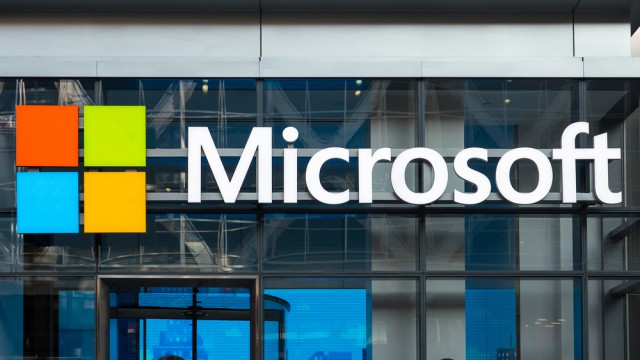Microsoft releases .NET Core 2.0 -- here's what's new

The .NET Framework transformed with the release of .NET Core last year. From a Windows-only affair, the framework has gone cross-platform. What's more, Microsoft also made it open-source, adding support for macOS, Linux, Android and iOS.
And now it's taking things a step further by rolling out .NET Core 2.0, which comes with some major improvements to make it "easier to use and much more capable as a platform." Let's take a look at what is new.
First of all, .NET Core 2.0 does not arrive alone, as Microsoft also released ASP.NET Core 2.0 and Entity Framework Core 2.0 to go along with it. The IDEs have received updates as well, with the biggest release being Visual Studio 2017 15.3. There is also Visual Studio for Mac and Visual Studio Code available as well, with the latter offered for Windows, Linux and macOS.
As far as changes in .NET Core 2.0 go, Microsoft says that the runtime and framework are now significantly faster, .NET Standard 2.0 is included, there are six new platforms supported, new preview builds, and the x86 JIT is now RyuJIT.
The big improvement from the inclusion of .NET Standard 2.0 is that it ups the number of available APIs from 13,000 to 32,000, compared to .NET Standard 1.6.
Debian Stretch, SUSE Linux Enterprise Server 12 SPE and macOS X High Sierra are all part of the newly-supported platforms. The preview builds are for Linux and Windows on ARM32.
Also worth noting is that the SDK comes with some changes as well, like the fact that "dotnet restore" is now an implicit command when required, and .NET Core and .NET Standard projects can reference NuGet packages and projects. The software development kit can now be built from source using a repository available on GitHub.
Microsoft has also listed a couple of the changes that are part of Visual Studio 2017 15.3, namely support for Live Unit Testing in .NET Core, navigation improvements for the core, support for C# Azure Functions in the box, and CI/CD support for containers.
If you want to try .NET Core, the SDK and runtime are available to download here.
Photo Credit: pio3 / Shutterstock.com
